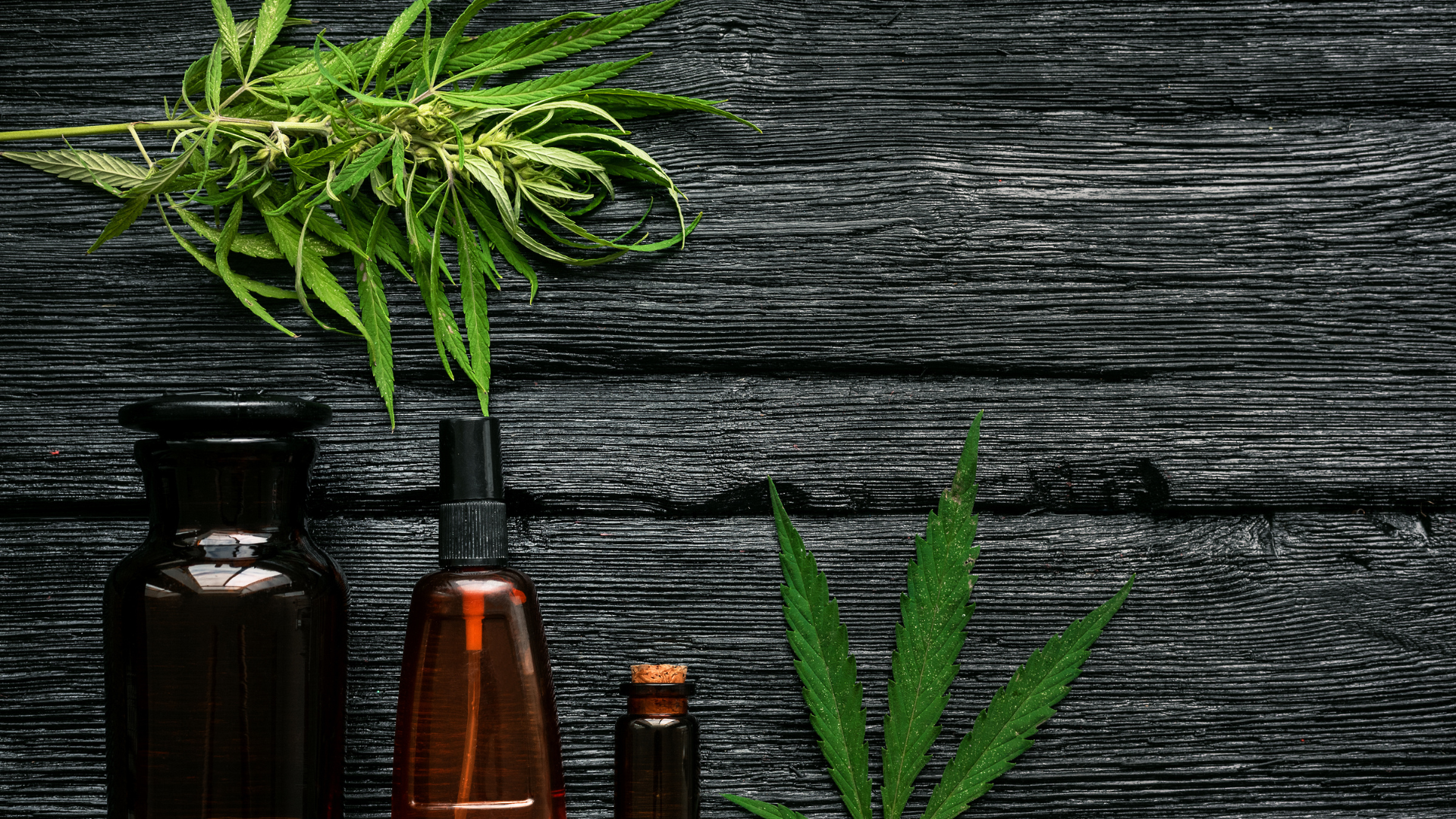
CBD Oil and Medication: Benefits and Potential Risks
The benefits of marijuana, also known as cannabis, are widely known. Marijuana is the most commonly used illegal drug and is readily available to many people. While recreational marijuana use is legal in many states, marijuana is still illegal under federal law. However, many former Presidents of the United States, such as Richard Nixon, have admitted to using marijuana medicinally. Although marijuana can cause various physical and psychological side effects, marijuana has medical benefits when used for medical purposes.
Benefits
Chronic pain
Chronic pain can be a terrible, debilitating condition. It is characterized by persistent pain that lasts longer than 3 months, and that interferes with normal daily activities. Chronic pain affects more than 100 million people around the U.S., and that statistic is only going to rise as baby boomers begin reaching their 60s and 70s.
Arthritis or joint pain
Arthritis is inflammation of the joints, which can produce a variety of symptoms and complications. It can be classified as either inflammatory or degenerative, depending on its cause. Arthritis symptoms include pain, stiffness, and swelling. Today, it affects nearly thirty million Americans, with women especially susceptible to the condition. While there are no known cures for arthritis, there are several types of treatments and medications that can ease symptoms, including joint replacement surgery.
Anxiety and depression
Anxiety and depression are common mental disorders that occur due to stress, hormonal imbalance, certain toxins, lifestyle, genetics, etc. This condition of mental health can result in or worsen your health condition.
Sleep Disorders
Sleep disorders include sleep apnea, insomnia, restless leg syndrome, and other sleep disturbances. They can impact both physical and mental health, leading to problems at work and school. More than 50 million Americans suffer from sleep disorders.
Migraine
A migraine is a severe headache, often accompanied by nausea, vomiting, and sensitivity to light. It can last anywhere from a few hours to several days.
Cluster and other headaches
Cluster headache, also known as paroxysmal hemicrania—is one of the rarest types of headaches, and it typically affects men more than women. The condition causes very intense, stabbing headaches that can last for hours. The attacks can strike up to hundreds of times a month, and it’s not uncommon for cluster headache sufferers to have bouts of severe headaches that last two weeks straight. There are treatment options to help manage cluster headaches, but many people find the condition to be intolerable and opt for surgery.
Post-traumatic stress disorder (PTSD)
PTSD, or Post-traumatic stress disorder, is an anxiety disorder triggered by trauma. What makes PTSD different is that the symptoms of PTSD can last a long time after the original trauma occurs. Most people who develop this disorder suffer from one or more traumatic events, and symptoms usually begin within the first month after the event. Symptoms may include flashbacks, nightmares, anxiety, irritability, and trouble sleeping. The good news is that it can be treated.
Risks and side effects
Liver damage
Liver disease is on the rise, and the majority of cases can be traced back to our diets. The National Institutes of Health reports that approximately 75% of adults in the U.S. have some form of liver disease, with fatty liver disease being the most common. The National Institutes of Health notes that we consume more than 30% of the calories we eat in the form of fat and that more than 60% of these calories come from saturated fats. Further, diets high in saturated fats lead to increased levels of cholesterol, insulin, and other hormones that damage the liver.
Interactions with other drugs and alcohol
Addiction is much more than a problem with drugs and alcohol, but not all addictions have to involve drug and alcohol dependency. In fact, some addictions, such as gambling, can become much more serious if left untreated.
Changes in alertness can make driving dangerous
Driving while under the influence of marijuana, whether it is recreationally or legally, has serious consequences. At the same time, marijuana intoxication can cause drowsiness, and changes in alertness, which can make driving dangerous. But some recent studies indicate that it may also be linked to a decreased reaction time, impaired cognitive skills, and slower responses.
CBD consumption may be a good treatment option for some anxiety, depression, PTSD, schizophrenia, and other mental health issues. However, since the drug is not FDA-approved, more research is needed to understand how it affects the human body.




